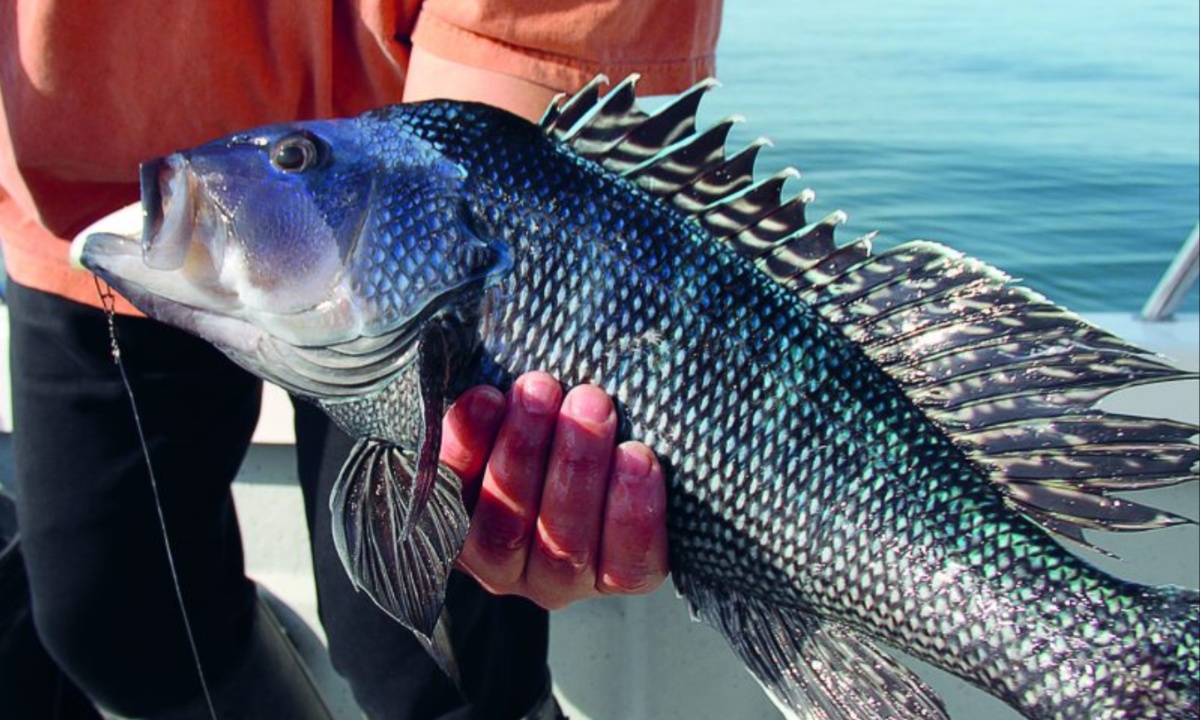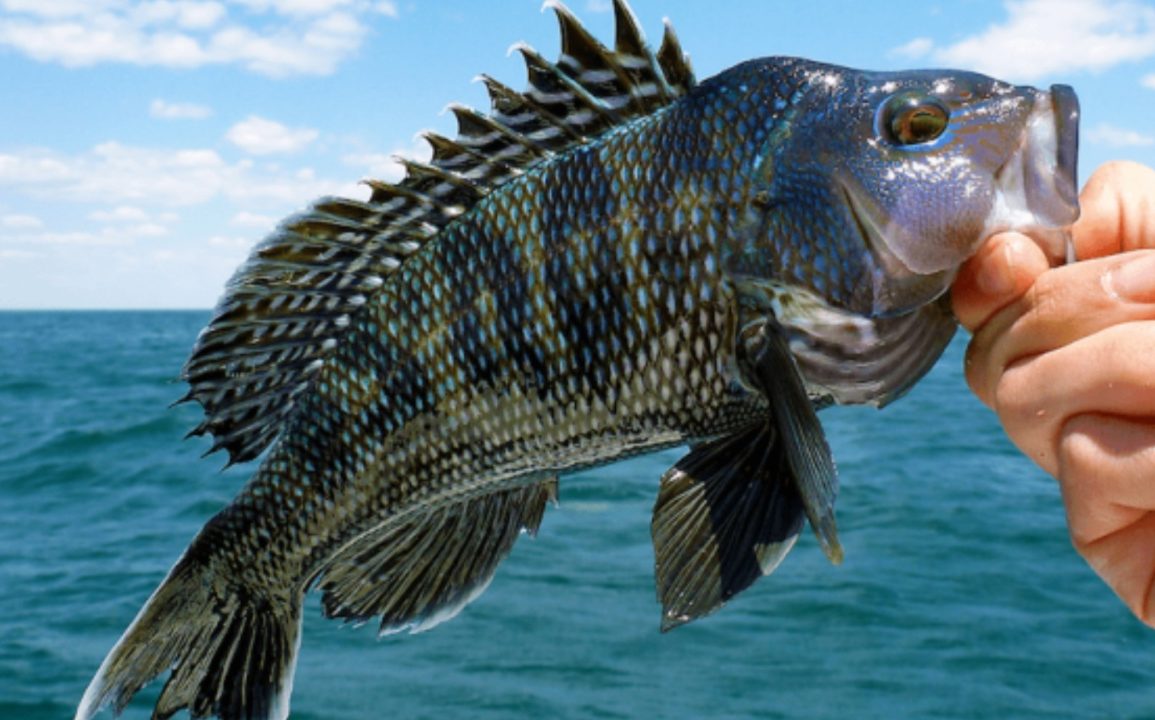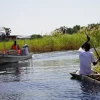On a warm afternoon in Sea Isle, Fish Alley is bustling as Eric Burcaw Sr. brings his vessel, the “Heather Nicole,” into port with a huge catch of black sea bass. As his crew unloads the fish, the scene is lively with the smell of seafood and the sight of a floating tiki bar. Burcaw, who has owned his boat since his teens, will process 3,700 pounds of black sea bass, destined for dining tables from Baltimore to Manhattan.
Burcaw’s bountiful catch is a result of warming sea temperatures, with the northeast Atlantic warming about 2 degrees Fahrenheit in the last 15 years. This rapid rise in temperature is causing significant shifts in marine life distribution, impacting fisheries and coastal economies. Scientists like Malin Pinsky from Rutgers University express concern about the unpredictable changes and their potential disruptive impacts.
The black sea bass industry in New Jersey has surged, with annual catches exceeding 1 million pounds in recent years. The migration of these fish northward is evident from data and expert interviews, indicating increased numbers in waters off New England. However, this migration has led to disputes between states over fishing quotas.

The shift in black sea bass populations also threatens traditional mid-Atlantic species, as the bass prey on other valued catches like lobsters and crabs. This predation, along with the northward movement of Atlantic surf clams, poses challenges for fishermen who now face more dangerous conditions as they venture further out to sea. The Atlantic region is experiencing rapid bottom temperature changes, further complicating the situation.
In 2012, a significant warming event led to the collapse of the northern shrimp population in the Gulf of Maine, highlighting the severe impact of sudden temperature shifts. This event demonstrated how some species might not recover from such dramatic changes, unlike others that may adapt gradually. The unexpected abundance of black sea bass in New Jersey is a clear example of such ecological disruptions.
NOAA data reveals that black sea bass are expanding their range northward by about 140 miles, appearing more frequently in New England waters. The lack of major predators for black sea bass exacerbates the problem, as these fish prey on other species like crab and squid, potentially reducing their populations.
More summer flounder are now found in the northern East Coast, along with new species like gray triggerfish. The overlap of surf clams and ocean quahogs in New Jersey waters creates regulatory challenges, as the two species have historically been managed separately. This commingling of species forces regulators to rethink management strategies.
Fishermen like Gus Lovgren report catching significantly more black sea bass than in the past, reflecting the fish’s population boom. This has led to increased fishing quotas, but also economic tensions as federal regulators adjust quotas across states. Some fishermen argue for more flexibility to account for regional variations in fish abundance.
The rapid changes in marine populations and the resulting regulatory adjustments highlight the need for better short-term forecasting models. NOAA’s Climate, Ecosystems, and Fisheries Initiative aims to address these challenges, focusing on near-term ocean temperature changes to aid management decisions.
Eric Morris, a seafood provider, highlights the culinary versatility of black sea bass but worries about the long-term availability of this fish in New Jersey. The shifting populations of less mobile species like surf clams pose additional concerns, with fewer ways to monitor changes on the ocean floor compared to more mobile fish species.
Research initiatives like those led by the Commercial Fisheries Research Foundation are essential in collecting data to inform future regulations. Fishermen partnering with scientists help gather valuable information on environmental conditions, contributing to a better understanding of how climate change affects marine ecosystems and fisheries.

